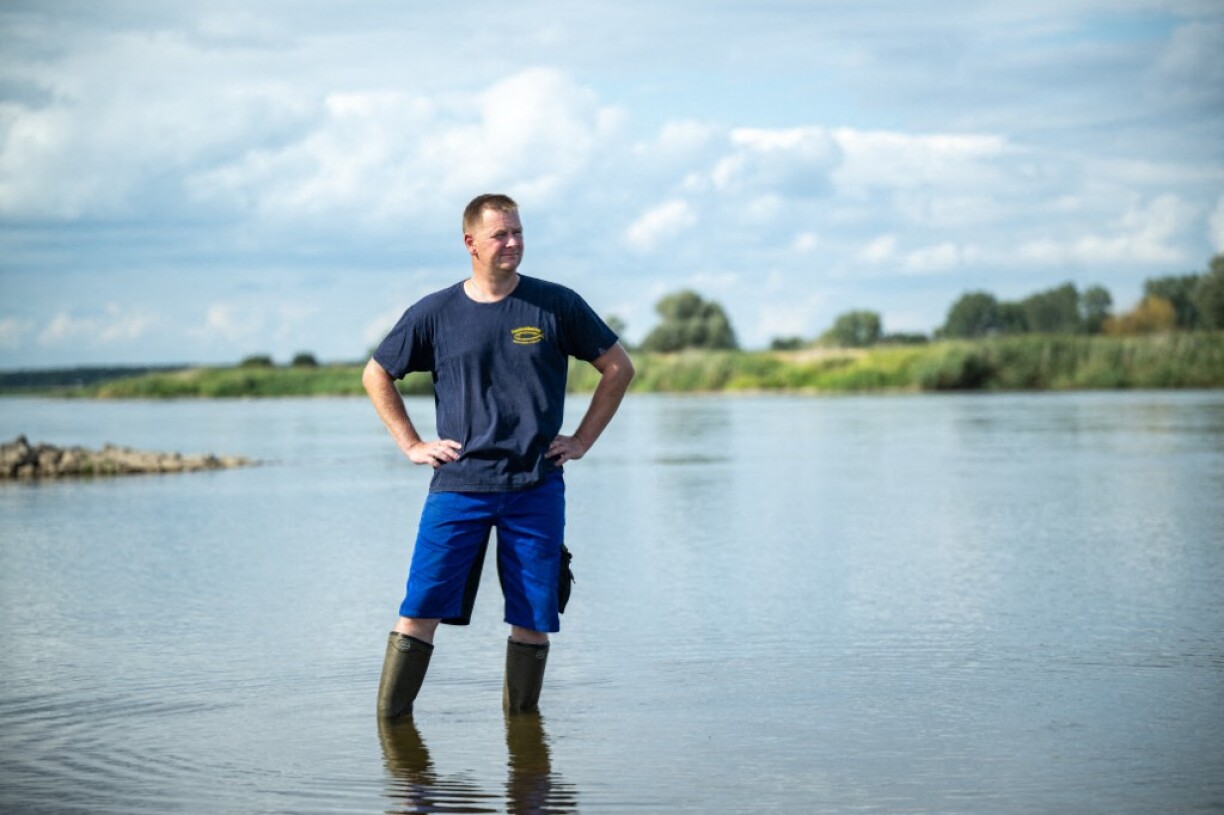
The European Pesticide Action Network (PAN Europe) and its members, including the Ecological Movement in Luxembourg and Générations Futures in France, analysed 23 water samples and 6 groundwater samples for TFA across ten EU countries. This chemical, resulting from the degradation of PFAS, known as “eternal pollutants,” is also used in producing some PFAS.
The report, published on Monday, reveals alarming levels of TFA contamination in Luxembourg’s waters. The analysis, conducted by the Karlsruhe Water Technology Center, detected TFA in all water samples.
Concentrations ranged from 370 nanograms per liter (ng/l) to 3,300 ng/l. In Luxembourg, the Alzette River showed concentrations exceeding 1,000 ng/l, and groundwater levels were over 900 ng/l.
The contamination is not limited to Luxembourg. Major rivers across Europe, including the Elbe in Germany and the Seine, Oise, and Somme in France, also show significant TFA levels. These findings indicate a widespread environmental issue.
The report notes that 79% of the samples had TFA levels above the 500 ng/l limit proposed by the European Drinking Water Directive for all PFAS. However, TFA is currently unregulated and classified as “not relevant” by European authorities, exempting it from the 100 ng/l limit for certain pesticides and their degradation products in groundwater.
The associations criticise this regulatory gap, pointing out TFA’s persistence in the environment and the difficulty of removing it with standard drinking water treatments. They also highlight a “toxicological profile (which) still leaves many questions unanswered.” The report references a study showing “ocular malformations” in rabbits exposed to TFA, though no definitive conclusions have been reached for humans.
“Pollution will increase day by day if decisive measures are not taken to reduce TFA inputs, first and foremost through a rapid ban on PFAS pesticides and fluorinated gases,” the report stresses. The associations urge for an immediate ban.